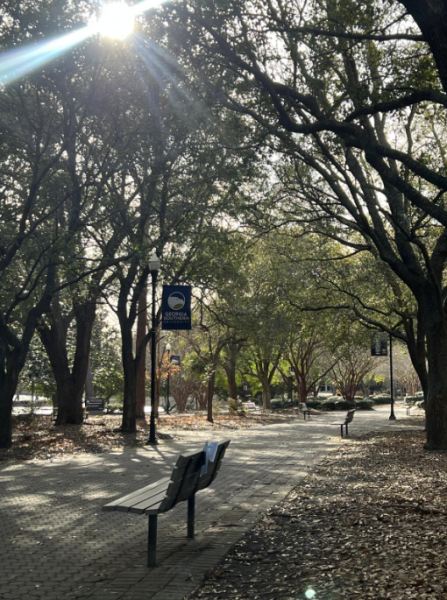Impostor Syndrome Among African American Students
Impostor Syndrome affects 70% of people in the United States. Impostor Syndrome is one’s belief that they are not intelligent or accomplished as people perceive one to be. People who have Impostor Syndrome are fearful of failure. It has been connected to social and performance anxiety, low self-esteem, and perfectionism. Characteristics of Impostor Syndrome includes:
- Crediting accomplishments to external factors such as luck
- Criticizing success
- Overachieving
- Damaging your accomplishments
- Lack of confidence
African American students are vulnerable to Impostor Syndrome. Based on previous research, some African American students experience Impostor Syndrome due to lack of funding and support for school (scholarships, grants, etc), racial discrimination, feeling isolated on campus from their white peers and professors, lack of diversity on campus, prejudice attitudes, microaggression, and being a first-generation college student. Students may also experience Impostor Syndrome due to being raised in a family that praises high achievements.

Jolie A. Dogget, an African American Reporter, stated that “Medical professionals must close this research gap and examine the links between racism and discrimination and mental health issues, including imposter syndrome, in order for us to begin healing.” It is difficult to address Impostor Syndrome due to lack of African American representation in the mental health field. Even though there are barriers to seeking help from mental health professionals for Imposter Syndrome, there are various ways that university staff can help to reduce symptoms of Impostor Syndrome among minority students. Staff can help to address the gaps of serving minority students and tackling Impostor Syndrome by offering African American students a safe space to express their concerns and offering them opportunities to enhance their academic skills. This will help increase academic performance that is affected by Impostor Syndrome. Furthermore, university staff can create in-person or webinar sessions that discuss how Impostor Syndrome affects African American students. These sessions can help break the stigma around this condition among African American students.





